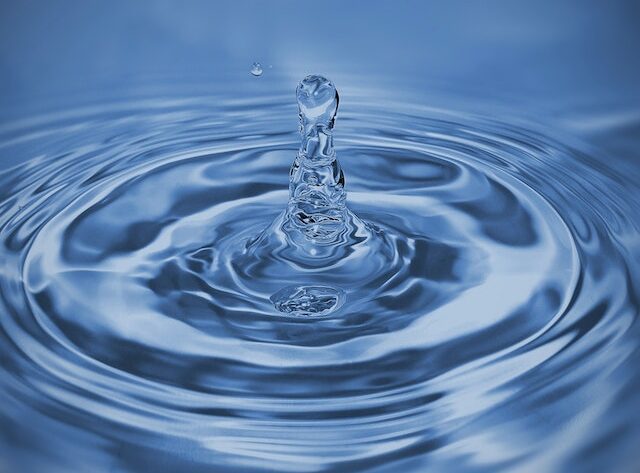Water is one of Earth’s most critical resources and essential to life. But it is a scarce resource and needs to be managed carefully to keep it available for future generations. There are many advantages of having a sustainable water source.
Health
Water is a vital component of a healthy society and has multiple benefits for human health. It provides drinking water, cooking, and sanitation facilities for communities and is a crucial ingredient in the fight against diseases. Access to clean water reduces the risk of illnesses caused by water-borne infections such as diarrhea, cholera, typhoid fever, dysentery, and giardia. It also helps people stay physically active and thrive in their communities. One way to achieve sustainable water is by reducing water waste. Recycling grey water is an effective way to do this and can be used for toilet flushing and irrigation of food and non-food plants. A sustainable water source such as Cadiz Water Project (CWP) ultimately means ensuring the available quantity meets the demand. This can be done through various methods, from dams to underground storage to desalination and water transfer schemes.
Environment
Having a sustainable water source helps to protect the environment. It can be done through rainwater harvesting, collecting and storing water that falls onto a business property, and then using it to provide drinking water. Alternatively, businesses can also use borehole water supplies. This involves pumping pure water found in underground streams beneath a company up to the surface to be used as a potable water supply. Water is a vital resource to the planet, but its availability is limited. Increasing demand is causing many aquifers to deplete, and water scarcity can lead to extreme weather events.
Economy
The benefits of having a sustainable water source are plentiful, including a positive impact on economic development. Using a sustainable water source can help to alleviate the stress of deteriorating water resources and climate change impacts, as well as reduce pollution and energy use.
Currently, many nations are experiencing pressures on their natural freshwater sources due to the rapid increase in demand and population growth. These pressures lead to the desiccation of rivers and groundwater depletion, reducing ecosystem services supporting human livelihoods and health. The industry also contributes to the degradation of our water supply by polluting the source water through discharges of organic pollutants, heavy metals and solvents, toxic sludge, and other wastes. The global water demand is growing faster than the available supply, and a sustainable solution must be found soon to protect the world’s waters.
Security
Tapping into a sustainable water source is essential for those living in water-scarce regions. This is particularly true as climate change progressively impacts freshwater resources’ availability and quality. Generally, the best way to obtain a sustainably produced drinkable water supply is through improved sanitation and the wise use of existing infrastructure. Using rainwater is one of the more efficient ways to achieve this, as it can be collected on-site and stored for future use without straining municipal water supplies. To achieve the most efficient benefits of water, the wisest choice is to focus on the best water treatment technology available and then use that to provide an array of services in the form of clean drinking water, wastewater recycling and re-use, and even electricity generation. The efficiencies achieved will help reduce costs and, in turn, provide a healthier, more sustainable way to live.




